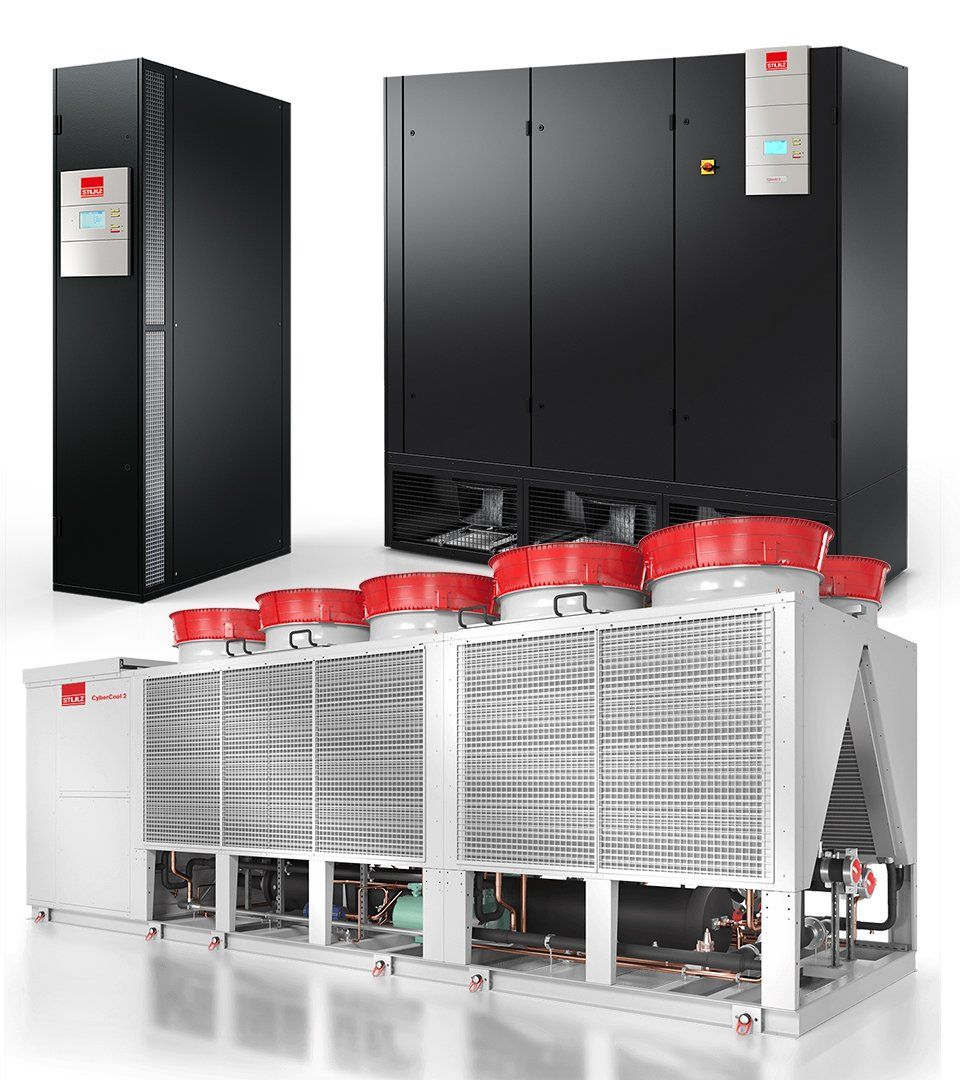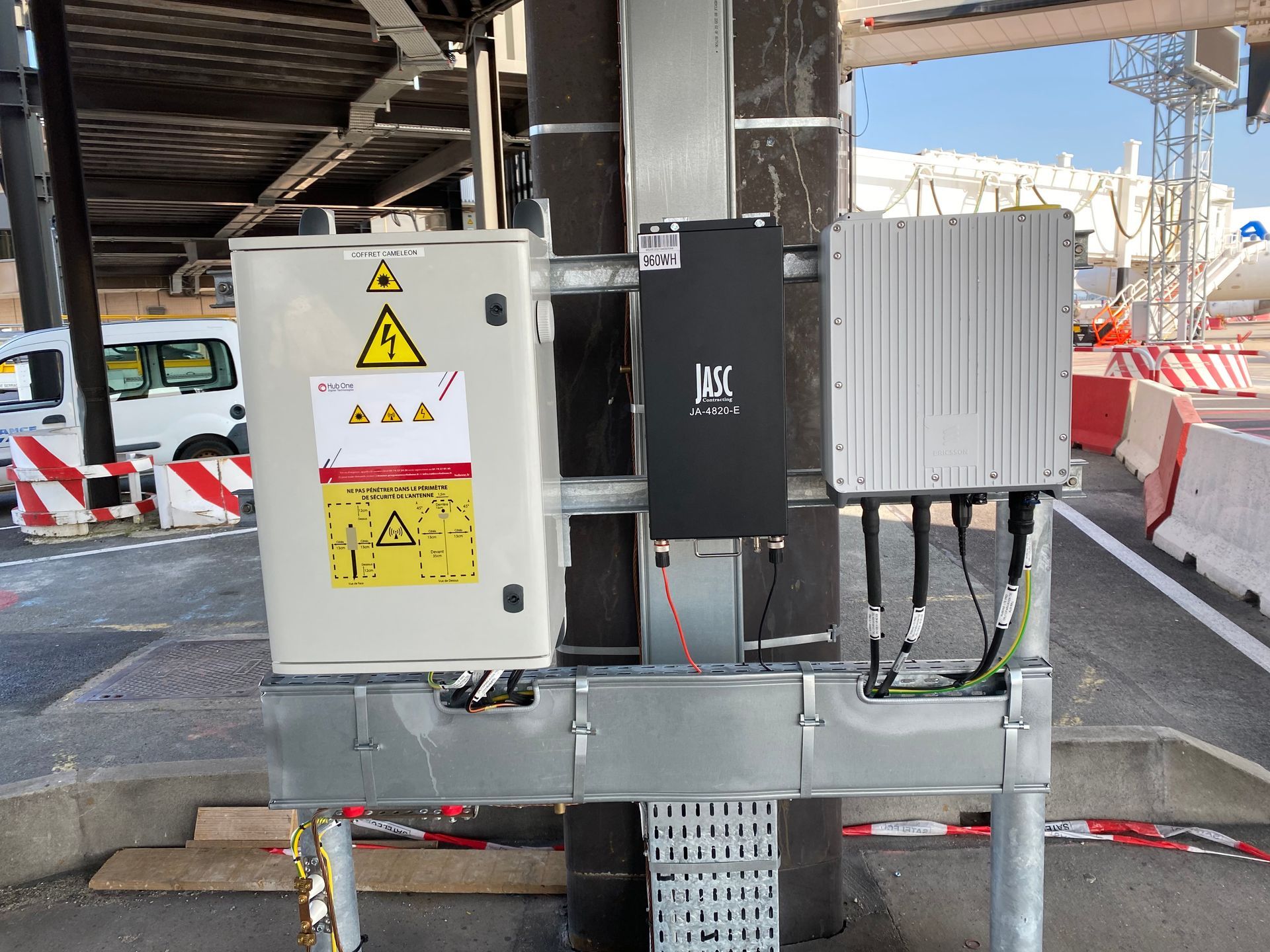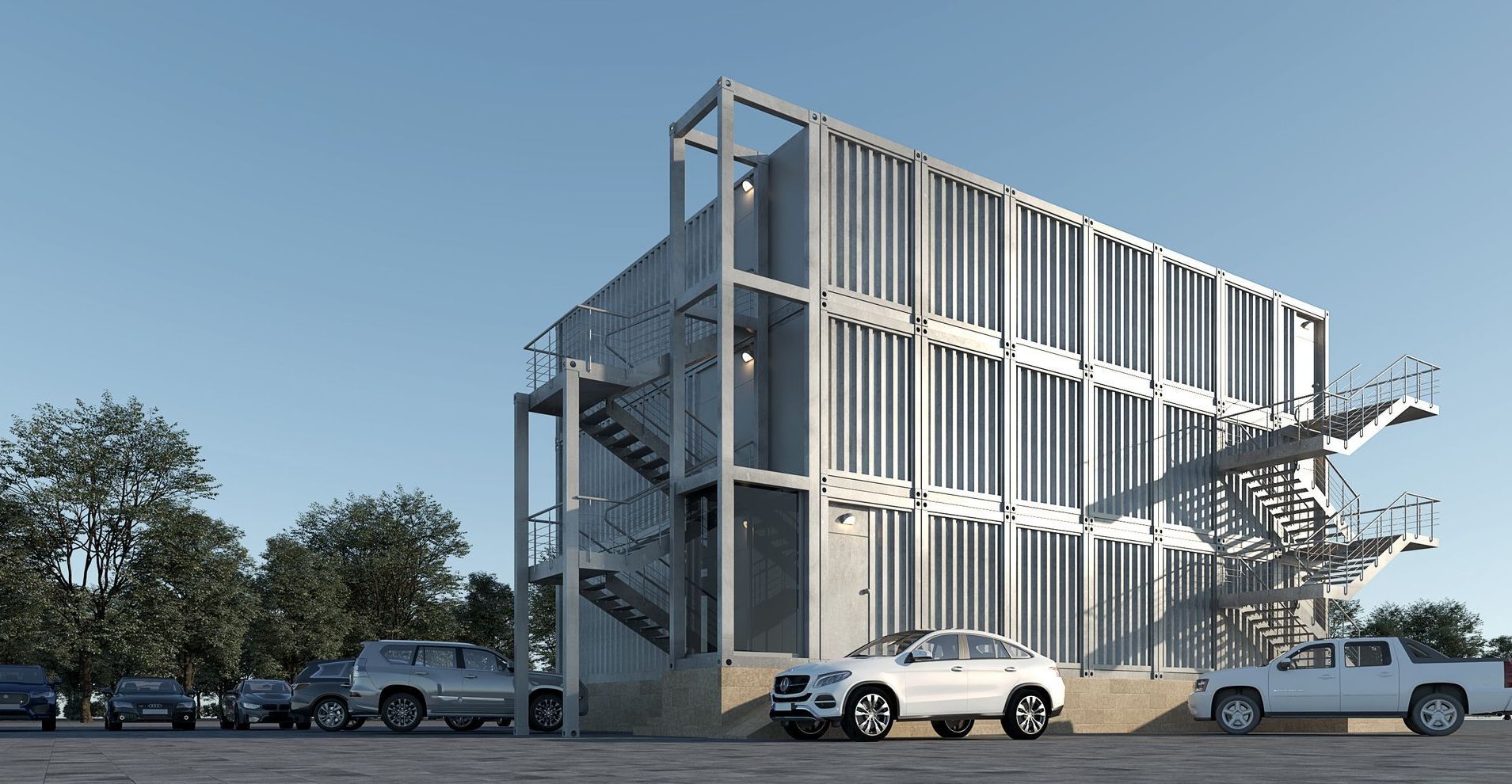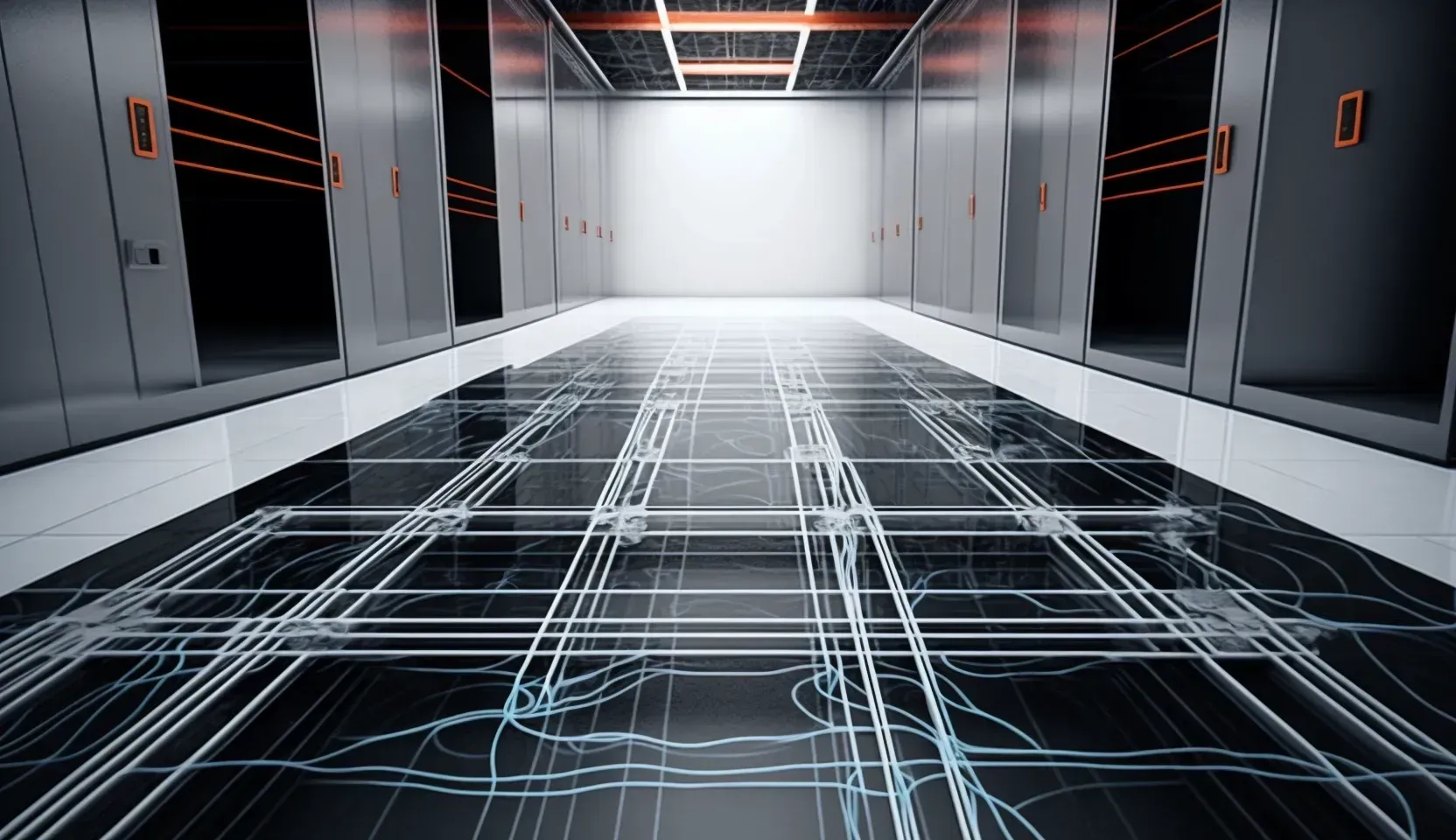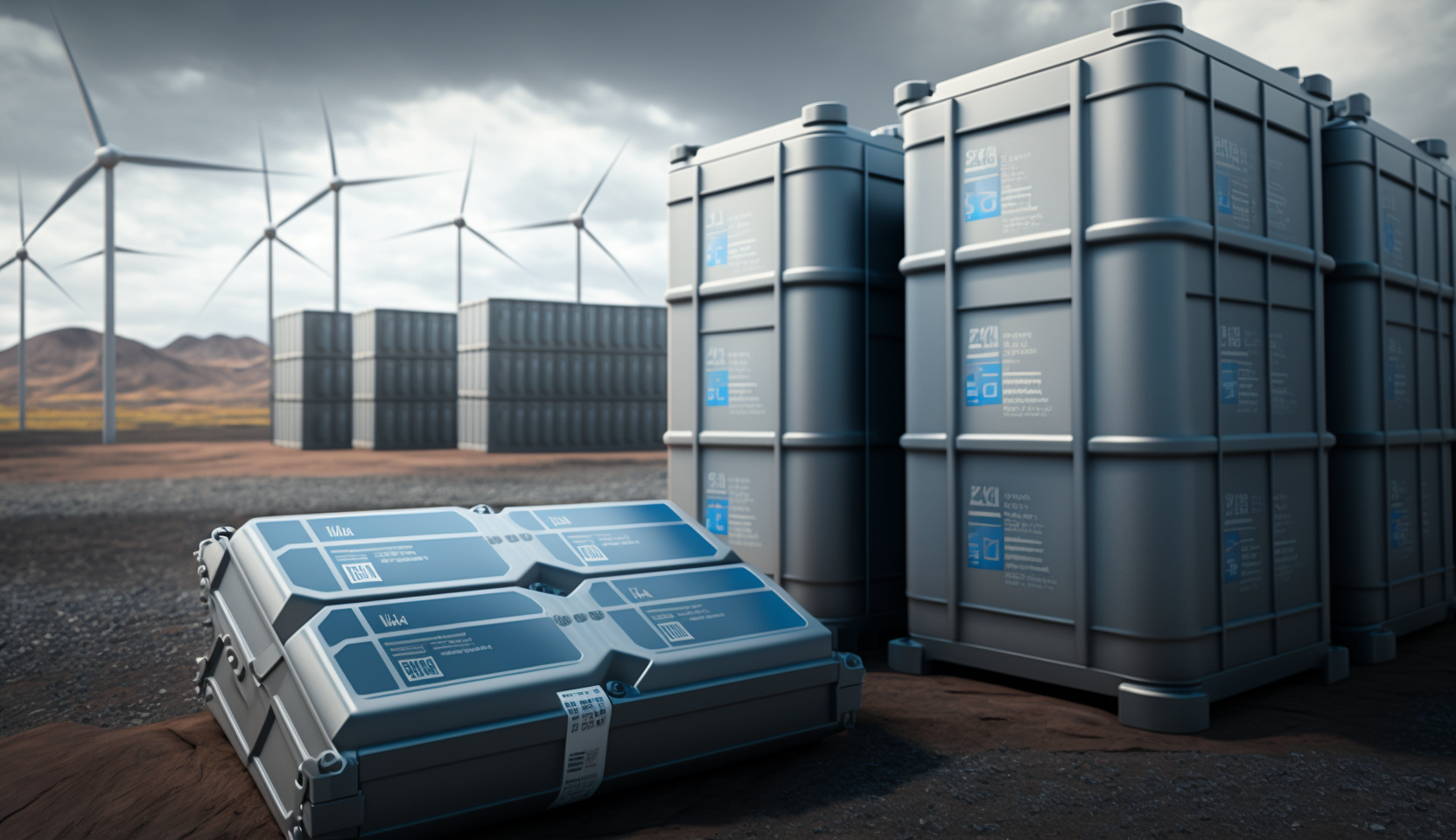TECH TRENDS
Keeping it Cool:
The Vital Role of
Precision
AC in Data Centers
In the digital age, data centers have become the backbone of our interconnected world. These facilities store, process, and manage vast amounts of digital information, supporting everything from online services and e-commerce to cloud computing and social media platforms. As the reliance on data centers continues to grow, ensuring their optimal performance and efficiency becomes increasingly critical. One key factor in achieving this is precision air conditioning (AC), which plays a vital role in maintaining the ideal environment for data center operations.
The Importance of Data Centers
Data centers are at the core of modern business operations and essential for seamless communication and data access. With the exponential increase in digital data generation, the demand for efficient data storage and management has reached unprecedented levels. Businesses, governments, and individuals all depend on data centers to process and store critical information, making uninterrupted data center operation paramount to our digital-driven society.
Understanding Precision Air Conditioning
Precision air conditioning is a specialized cooling technology designed explicitly for critical environments, such as data centers. Unlike traditional air conditioning systems used for general comfort cooling, precision AC provides precise control over temperature, humidity, and airflow. These systems are engineered to maintain stable and consistent conditions to safeguard sensitive IT equipment.
One of the primary advantages of precision AC is its ability to deliver precise cooling in a close proximity to the equipment it serves. The cooling process involves drawing in hot air from the data center's hot aisles and supplying cooled air to the cold aisles, where the IT equipment resides. This targeted approach ensures that each rack and server receive the appropriate cooling, optimizing the overall energy efficiency of the data center.
The Impact of Temperature on Data Centers
Temperature has a profound impact on the performance and reliability of IT equipment. High temperatures can lead to thermal stress, reducing the lifespan of sensitive components and increasing the risk of equipment failure. On the other hand, excessively low temperatures can cause condensation and may not be energy-efficient. Maintaining a stable and consistent temperature is crucial to ensure the optimal functioning of data center equipment.
Precision AC addresses these challenges by offering temperature control within a narrow range, typically around 18 to 27 degrees Celsius (64 to 80 degrees Fahrenheit). Some advanced precision AC systems also have built-in redundancy to ensure continuous operation even in the event of a unit failure.
Humidity Control for Data Center Efficiency
In addition to temperature control, humidity is another critical factor in data center operation. High humidity levels can lead to the formation of condensation, risking electrical shorts and damage to electronic components. Conversely, low humidity levels can cause static electricity buildup, potentially damaging sensitive IT equipment.
Precision AC systems are equipped with humidity control mechanisms to maintain the ideal humidity levels, usually within a range of 40% to 60%. This ensures that the data center's environment remains within the optimal conditions for the safe and reliable operation of IT equipment.
Benefits of Precision AC in Data Centers
The implementation of precision AC in data centers offers numerous benefits:
- Enhanced Equipment Performance: By providing precise cooling and humidity control, precision AC maximizes the performance and reliability of data center equipment, reducing the risk of downtime and data loss.
- Energy Efficiency: Precision AC allows data centers to use energy more efficiently by delivering targeted cooling only where it is needed, reducing overall energy consumption.
- Scalability and Redundancy: Precision AC systems can be designed to accommodate future expansion and provide built-in redundancy to ensure continuous operation.
- Improved Air Quality: Precision AC systems often incorporate air filtration, improving air quality and reducing the risk of dust and particle contamination on sensitive equipment.
- Cost Savings: Although precision AC systems may have higher upfront costs, their energy efficiency and equipment performance improvements can result in long-term cost savings.
The Evolution of Precision AC Technology
As data center requirements continue to evolve, so does precision AC technology. Manufacturers are constantly innovating to develop more energy-efficient and scalable solutions. Advanced features, such as variable speed compressors and digital scroll compressors, further optimize cooling efficiency and adapt to changing cooling demands.
Additionally, some precision AC systems now offer smart monitoring and remote management capabilities. This allows data center operators to monitor and control cooling parameters in real-time, enabling proactive maintenance and optimizing performance.
The Future of Precision AC in Data Centers
As data centers continue to grow in complexity and scale, precision AC will remain a critical component in their efficient operation. Data center operators will continue to seek energy-efficient solutions to reduce their environmental impact and operational costs. This may involve incorporating renewable energy sources and exploring innovative cooling technologies.
Furthermore, as edge computing gains traction, data centers located closer to end-users will require more compact and scalable cooling solutions. Precision AC technology is expected to adapt to these new requirements, providing efficient and reliable cooling for the data centers of the future.
Conclusion
Precision air conditioning plays a vital role in ensuring the optimal performance, efficiency, and reliability of data centers. Its ability to maintain precise temperature and humidity levels is crucial for the safe and efficient operation of sensitive IT equipment. As data center demands continue to grow, precision AC technology will evolve to meet new challenges and provide innovative solutions, making it an indispensable component in the ever-expanding digital landscape.

